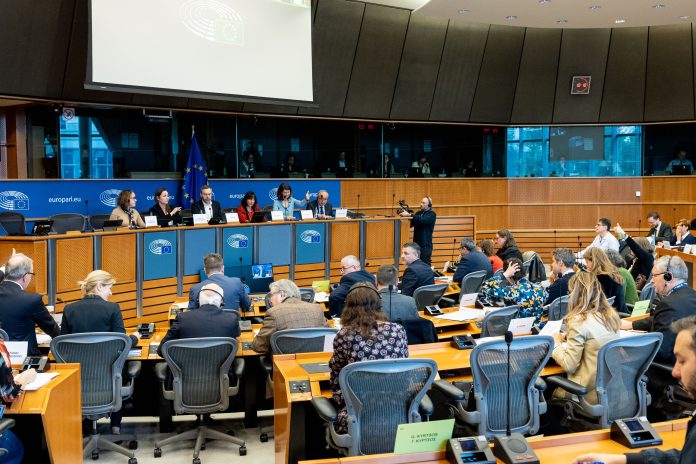The decision allows seven EU countries, originally members of the Lisbon Agreement, to accede to the Geneva Act alongside the European Union.
With 25 votes against 0 and 0 abstentions, MEPs of the Legal Affairs Committee agreed that seven EU members could accede to the Geneva Act despite concurrent membership of the European Union.
Following the court action of the Commission and decision of the European Court of Justice, seven EU countries – Bulgaria, Czechia, France, Italy, Hungary, Portugal and Slovakia – which were originally parties to the Lisbon Agreement, were allowed to become members of the Geneva Act alongside the European Union.
The Lisbon Agreement for the Protection of Appellations of Origin and their International Registration of 1958 is administered by the World Intellectual Property Organization (WIPO) and its members are obliged to mutually recognize and protect on their territories appellations of origin of products of other members. The EU became member of the Geneva Act in February 2020 after the revision of the Lisbon Agreement. This revision and adoption of the Geneva Act extended the protection of appellations of origin to all geographical indications and allowed intergovernmental organisations such as the EU to become contracting parties to it.
While the Commission challenged previous Council decision allowing for concurrent membership of all EU countries in the Geneva Act, the European Court of Justice decided that EU members previously parties to the Lisbon agreement with extensive intellectual property rights registered under that agreement could be authorised to accede to the Geneva Act in the interest of the Union. This concurrent membership is only justified under exceptional circumstances and is functionally limited given the Union’s exclusive competence.
Following the vote, European Parliament rapporteur Marion Walsmann (EPP, DE) noted: “Protecting European agricultural GIs also on international level is a real win-win situation, because GI protection has a positive impact on growth and employment, on trade and the functioning of the internal market. Producers benefit from a legal protection of their GIs in global markets and consumers benefit from the assurance that they are buying a genuine product with specific qualities. Consumers who buy the “Thüringer Rostbratwurst” in a supermarket outside of the EU should be able to rely on the GI logo proving that it is the “real” Thuringian sausage from Germany.”
After the consent is confirmed by the European Parliament plenary, the decision will enter into force seven days after its publication in the EU Official Journal.

